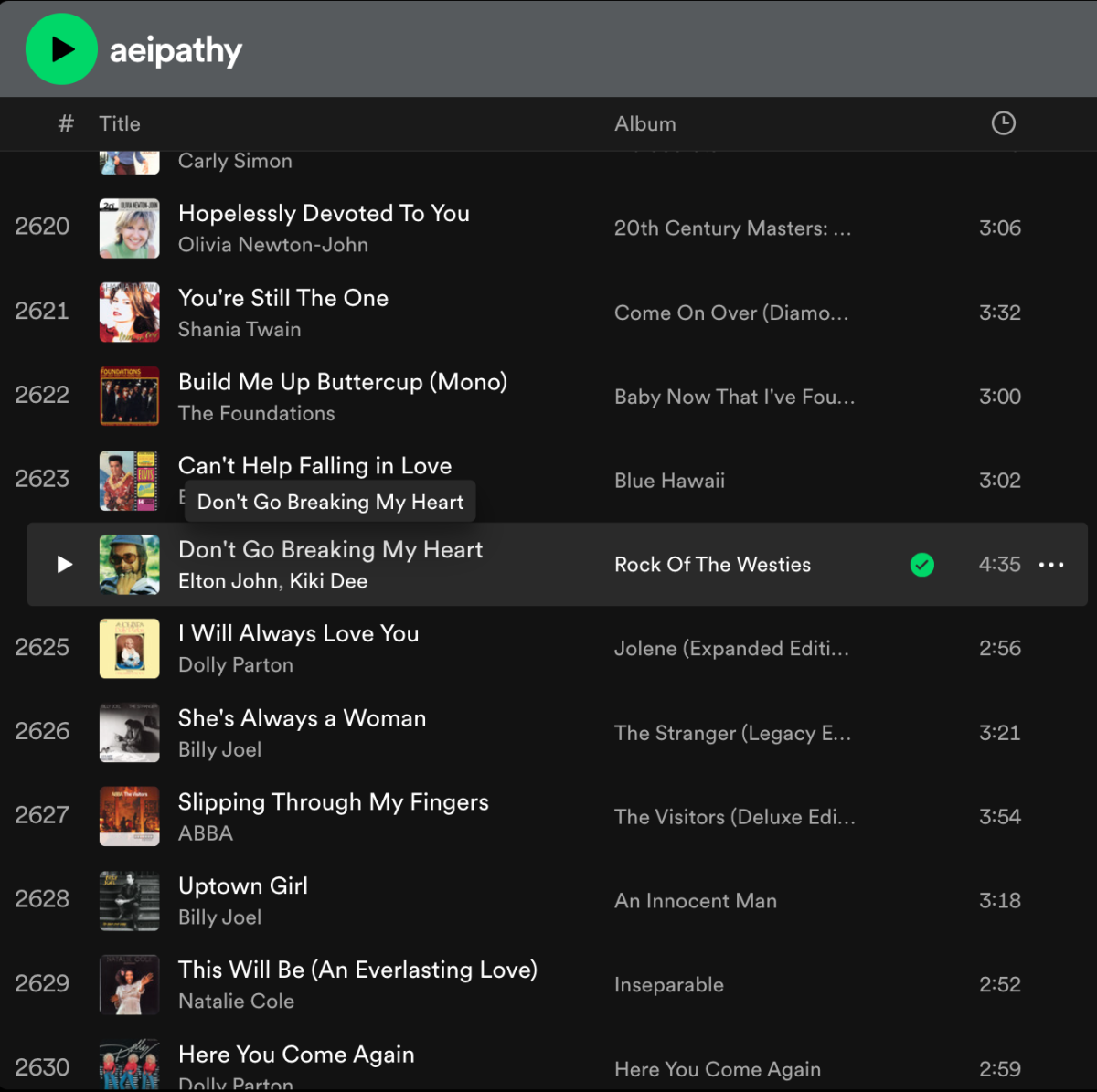Stress: the looming cloud
On the first day of school this year, my AP US History teacher Steve Labenz displayed a TedTalk video regarding an intriguing topic: stress. The woman presenting, Kelly McGonigal, argued that stress is a positive thing; stress helps people prepare for “big challenges” that are approaching.
Seated in my desk, I was dismayed that someone was actually arguing that stress was a good thing. Even on the first day of school, I was stressed about the overwhelming, tedious work that the AP US History class would hurl in my direction. Now—barely over two months into the school year—my stress has skyrocketed; I am utterly deserted within my own war against time to complete all of my homework and assignments.
First of all, stress has noticeable effects on the emotions of the body; it causes irritability, anxiety, hyperness, anger, and tension. Likewise, stress can also lead to serious health problems: increased heart rate, premature aging, diabetes, weakened immune system, and heart disease.
McGonigal also mentioned in her TedTalk that stress is only harmful if you think of it as a negative thing. She stated that people who experience a lot of stress, but do not view stress as harmful, are no more likely to die than people who do. In fact, people who view stress positively have a lower risk of dying compared to people who experience relatively minor stress. McGonigal believes that changing how you think about stress can and will make you healthier.
I have grappled with the idea of accepting the nagging, tingling sensation that is constantly making its presence obvious within my stomach. I am not okay with not being perfectly fine. But, how am I supposed to view something that frequently brings me to tears constructively?
Nonetheless, stress is not a new, recent concept for the human race. According to information provided by the American Psychological Association, stress was an automatic response that eventually developed in our ancient ancestors as a way to protect them from predators.
Though today we do not live in constant fear of getting devoured by bears, the stress activated by our ancestors is identical to the stress students experience when trying to meet a deadline, balance sports and school, and maintain their grades.
This school year, as my stress level heightens and my sanity plummets, I am able to allot a less sufficient amount of time to myself than ever before. My everyday life moves at a frantic, chaotic pace. It seldom slows down to rest. Every week, my Sundays are spent entirely completing homework; however, the reason is not because I procrastinate.
The reason is owed to week after week being bombarded with assignments from six different demanding classes. When I think that the seemingly-endless pile has ceased its growth, more assignments—and therefore more stress—emerge from it like spiders out of an unilluminated corner.
These assignments mock me. They challenge me to complete them—but not too quickly—or else my 4.0 will deteriorate. They glare at me; they can effortlessly see that they are testing the tall expectations I have implemented upon myself.
However, I face the constant, in-your-face pressure that provokes and urges me to start showcasing my absolute best work now. It looms above my head; I need to make major improvements now so that by the time I am concluding my senior year, my talent is unconquerable.
But where and how am I supposed to start?

Morgan Mittlestadt is entering her second year on staff for The Central Trend. This year, she will be acting as a Social Media Manager for the site. She...
























































































